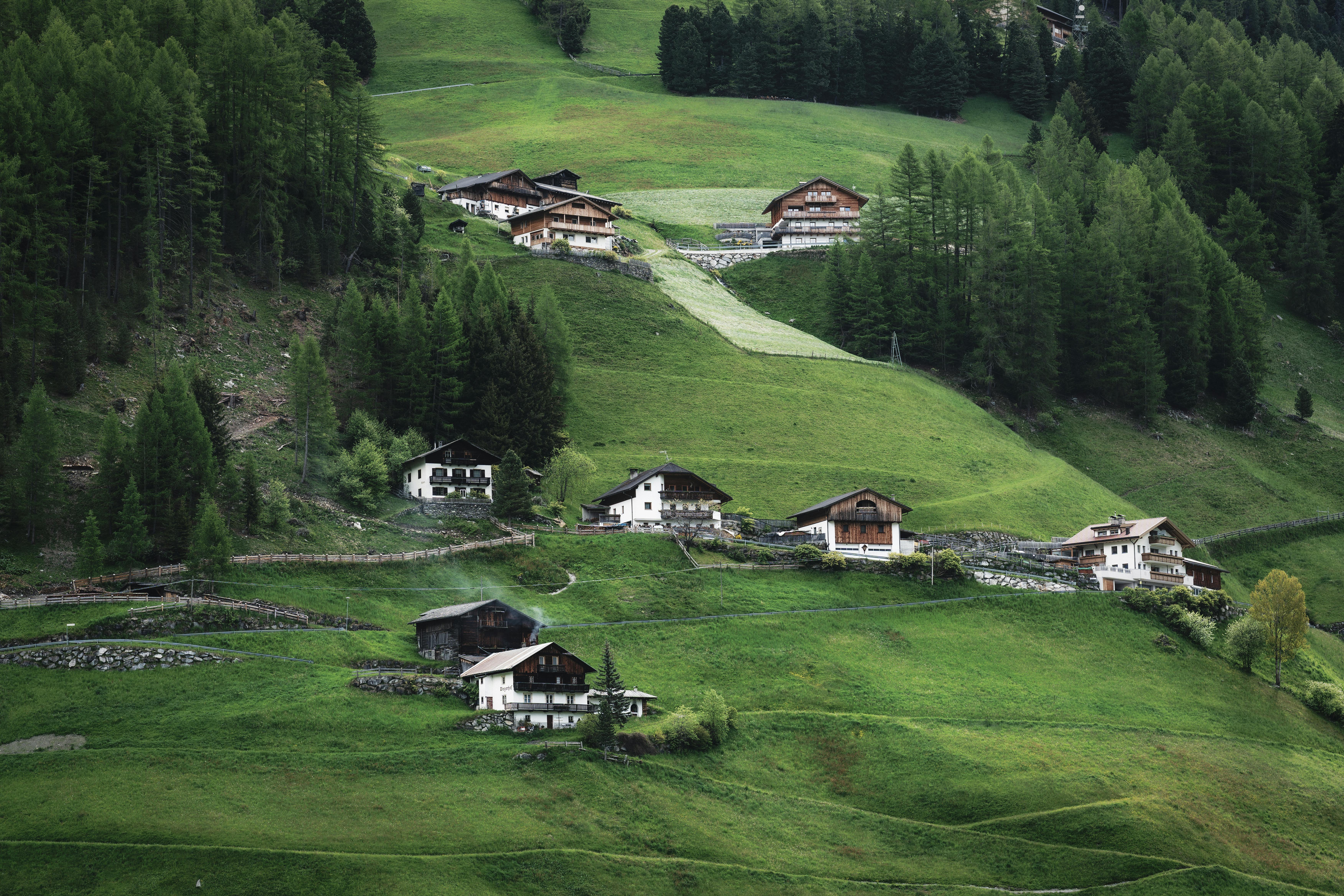"Revitalizing Rural Tourism: Reconnecting with Nature in Unexpected Locales"
Rural tourism, often overshadowed by the allure of bustling cities and exotic destinations, has begun to claim its rightful place in the travel landscape. This article will explore the rise of rural tourism, its advantages, challenges, and the impact it has on travelers seeking an escape from the urban jungle.

The Origins and Evolution of Rural Tourism
Rural tourism has its roots in the late 19th and early 20th centuries, where the urban elite would retreat to the countryside for rest and recuperation. Over time, this evolved into a broader attraction towards rural life, encompassing outdoor activities like hiking, fishing, and horseback riding, as well as cultural experiences like visiting local markets, festivals, and historical sites. Today, rural tourism has experienced a resurgence as travelers seek off-the-beaten-path experiences and deeper connections with nature.
Current Trends in Rural Tourism
In recent times, rural tourism has gained prominence for its potential to contribute to sustainable development and conservation efforts. Travelers are increasingly drawn to the charm and simplicity of rural life, the opportunity to interact with local communities, and the allure of unspoiled natural beauty. This trend is backed by a rise in eco-conscious travel, where visitors are keen to minimize their environmental footprint and contribute positively to local economies.
The Appeal and Challenges of Rural Tourism
Rural tourism presents a unique blend of relaxation, adventure, and cultural immersion. It allows travelers to escape the urban crowds, connect with nature, and engage with local cultures in a meaningful way. However, it also comes with its share of challenges. Infrastructure and accessibility can be hurdles in remote areas, and there’s a delicate balance to be struck between tourism development and preserving the natural and cultural integrity of rural regions.
Impact on Travelers and Local Communities
For travelers, rural tourism offers a chance to reset, recharge, and experience life at a different pace. It also provides a platform for learning and growth, encouraging a deeper appreciation for nature and different cultures. For local communities, it can bring economic benefits and opportunities for sustainable development, while also posing challenges in terms of managing tourist influx and maintaining cultural authenticity.
From the Expert’s Corner: Essential Insights for Rural Tourism
- Embrace the Pace: Rural life moves at a slower pace. Immerse yourself in it. Take time to appreciate the surroundings and engage with the locals.
- Plan Ahead: Research your destination well in advance. Some rural areas may not have extensive tourist facilities.
- Be Respectful: Respect the local culture, traditions, and environment. Remember, you’re a guest in their home.
- Travel Sustainably: Consider eco-friendly travel methods, stay in locally-owned accommodations, and support local businesses.
In conclusion, rural tourism presents a unique opportunity for travelers to step away from the usual tourist hotspots and experience the serenity and charm of the countryside. It’s not just about sightseeing, but about immersing oneself in local culture, forming meaningful connections, and leaving with a greater appreciation for the world beyond our urban confines. As we venture forth into this new era of travel, it’s worth considering how we can redefine our journeys to be more thoughtful, responsible, and enriching.




